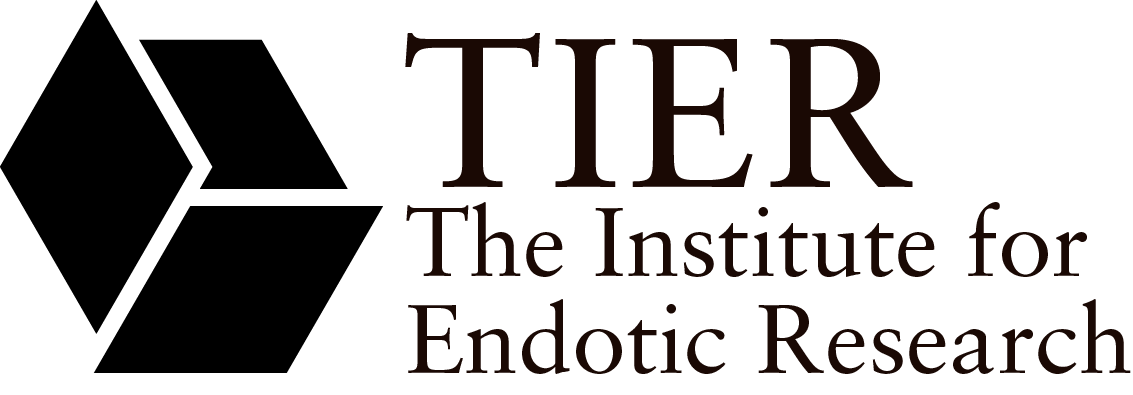 March 11. Online conversation with Rosalia Namsai Engchuan and Stephanie Comilang.
March 11. Online conversation with Rosalia Namsai Engchuan and Stephanie Comilang.
Thursday, March 11, 15:00 Berlin/CET/ 21:00 Bangkok time/ 09:00 Toronto time
Use this link to join: https://meet.jit.si/
In this online conversation, social anthropologist and filmmaker Rosalia Namsai Engchuan will speak with Stephanie Comilang about her practice and in particular her work Yesterday in the Years 1886 & 2017, currently on view at TIER.
Exhibition:
Yesterday in the Years 1886 & 2017
Tuesday, February 9 – Thursday, April 17
Due to covid restrictions, please register for a visit in advance for a Thursday, Friday or Saturday, 14:00-18:00 by emailing us at theinstituteforendoticresearch
Stephanie Comilang’s exhibition at The Institute for Endotic Research takes a hybrid format, with the film Yesterday in the Years 1886 & 2017 being screened online at http://TIER.space for the duration, accompanied by a series of online encounters, and a video installation in the physical space of TIER.
Comilang’s two-channel video installation follows two protagonists whose histories interlace with Filipino nationalism and Spanish colonial rule. Yesterday, In The Years 1886 and 2017 is a two-channel video projection installation. The two protagonists José Rizal and Lourdes Lareza Müller occupy a channel each; projected adjacent to one another, they inhabit the same space while remaining distinctly separate. José Rizal (1861-1896) was a Filipino nationalist, considered a national hero for his advocacy and thinking that led to the Philippine revolution against Spanish rule. While he worked as an ophthalmologist he was well known for his literary works. While living in Berlin he completed his book Noli Me Tángere (Touch Me Not) in 1887, a book that many have credited for its proposition of nationalism and resistance to Spanish colonial rule through its formulation of the idea of an ‘imagined community’ in the Philippines. Lourdes Lareza Müller is the other protagonist in Yesterday, In The Years 1886 and 2017. Having migrated to Germany in 1968, she worked as an archivist at one of Europe’s largest libraries, Berlin’s Staatsbibliothek, for 28 years. The thread that ties these two figures is their chosen life in Berlin, away from the Philippines. The disembodied feminine voice remains unidentified throughout but narrates from a distant future. She hovers and is distinctly non-human and speaks of inhabiting both Rizal and Lareza Müller in human form. Positioned as a third protagonist, she speaks of a connectedness through adaptation, bodies as archives, and entangled narratives of possible futurities. While this film speaks to a specific place, particular people, the role of the disembodied narrator, casts a wider net of questions around mobility, a rearrangement of geographic concepts of centre/periphery, and the disruption of historical linearity and continuity.
Stephanie Comilang is an artist living and working between Toronto and Berlin. Her documentary based works create narratives that look at how our understandings of mobility, capital and labour on a global scale are shaped through various cultural and social factors. Her work has been shown at Transmediale Berlin, Ghost : 2561 Bangkok Video & Performance Triennale, S.A.L.T.S Basel, Tai Kwun Hong Kong, International Film Festival Rotterdam, and Asia Art Archive in America, New York. She was awarded the 2019 Sobey Art Award, Canada’s most prestigious art prize for artists 40 years and younger.
Rosalia Namsai Engchuan is a social anthropologist and filmmaker based between Berlin and Southeast Asia. Her PhD research at the Max Planck Institute for Social Anthropology in Halle, Germany, looks at practices of community filmmaking in Indonesia, investigating how cinematic epistemologies produce and socialise knowledges. Her latest video work Complicated Happiness is a speculative research, pivoting around the Thai Park in Berlin, that aims to undo the underlying structures of colonialism, race, gender and class that shape the production of our worlds. Rosalia curates screenings and dialogical encounters with a focus on independent and experimental works from locales of the ‘epistemological’ South, often in collaboration with the Berlin based collective un.thai.tled. She is the 2021 Goethe-Institut fellow at Hamburger Bahnhof – Museum für Gegenwart – Berlin with the ‘Nation, Narration, Narcosis: Collecting Entanglements and Embodied Histories’ project.
Titled Maintenance! Domestics as Institutional Becomings, acknowledging the work of Mierle Laderman Ukeles, our series of solo exhibitions and online events for the next months will address the domestic from different vantage points related to institution-making. We are preparing a reader on the topic that will be launched soon as well. During this new program of exhibitions, the previous interventions will remain at The Institute for Endotic Research (TIER). In that way we’ll keep working on the space as an editorial device to be renegotiated, and an ecology of artworks, underlining its conception as an inner garden based on principles of cultivation.
The online presentation, conversation and exhibition by Stephanie Comilang are presented in partnership with the Embassy of Canada as part of Canada’s culture program as Guest of Honour at the Frankfurt Book Fair 2021.



